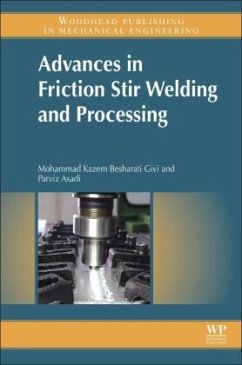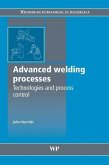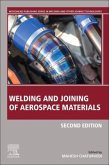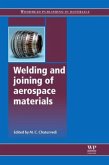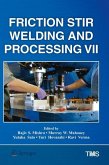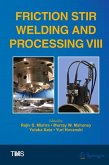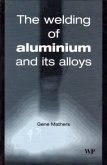Friction-stir welding (FSW) is a solid-state joining process primarily used on aluminum, and is also widely used for joining dissimilar metals such as aluminum, magnesium, copper and ferrous alloys. Recently, a friction-stir processing (FSP) technique based on FSW has been used for microstructural modifications, the homogenized and refined microstructure along with the reduced porosity resulting in improved mechanical properties. Advances in friction-stir welding and processing deals with the processes involved in different metals and polymers, including their microstructural and mechanical properties, wear and corrosion behavior, heat flow, and simulation. The book is structured into ten chapters, covering applications of the technology; tool and welding design; material and heat flow; microstructural evolution; mechanical properties; corrosion behavior and wear properties. Later chapters cover mechanical alloying and FSP as a welding and casting repair technique; optimization and simulation of artificial neural networks; and FSW and FSP of polymers.

